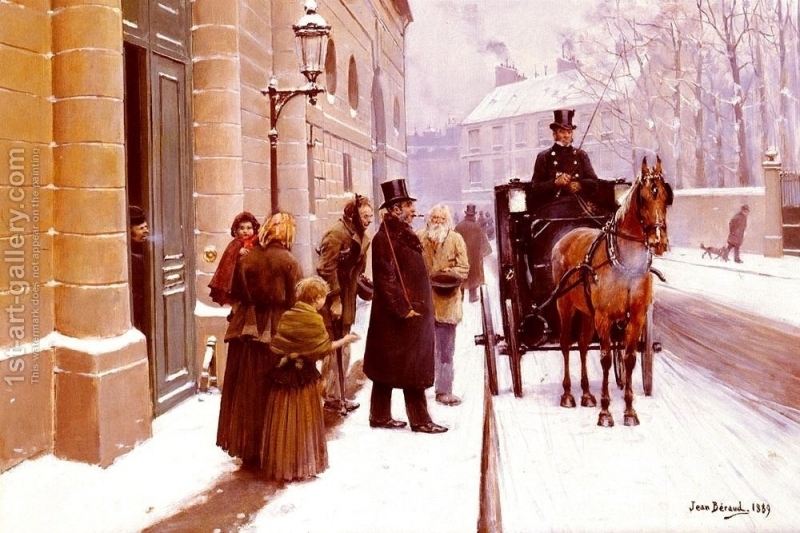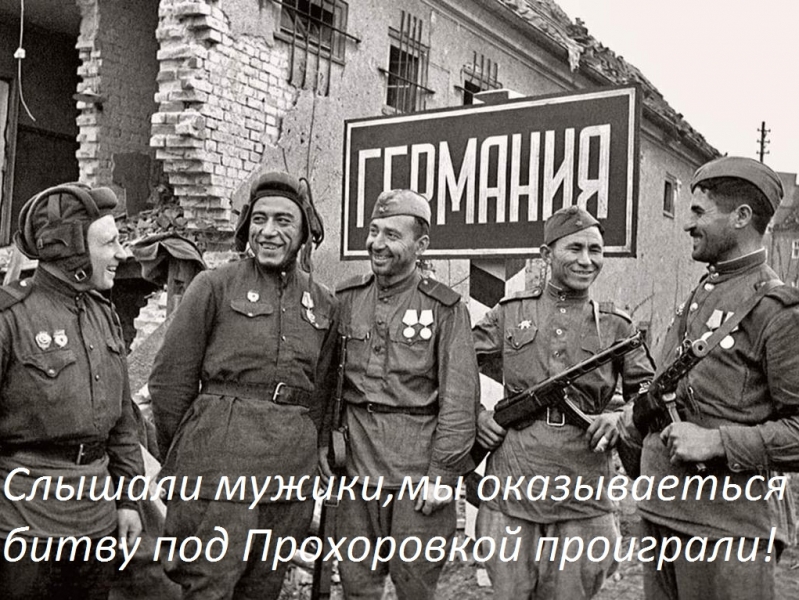
Let's introduce, that only five people live in the whole vast Russia. We know, how income is distributed, so we can count, how much each of these five gets money per month. For clarity, let's call citizens alphabetically: from "A" to "E". Their income will be distributed like this:
Agathon: 8’800 rubles per month.
Bohdan: 16’500 rubles per month.
Government: 24’600 rubles per month.
Gelasius: 36’900 rubles per month.
Don't cry: 76’400 rubles per month.
Identify, what group do you belong to, it is possible so. Let's, there are three people in your family: one receives a salary in 55 thousand, the second receives a pension in 20 thousand, and the third only gets slapped, when he brings deuces from school. On average, per person will get 25 thousand, thus your family can be attributed to the Vladlen group.
It's pretty easy to check my calculations.. Here is the data on the distribution of cash income, in which we are interested in the file "Distribution of the total volume of cash income and characteristics of the differentiation of cash income of the population":
.
.
There you can see, what 20% the poorest Russians get 5,4% cash income, a 20% the richest - 46,8%.
Another file contains data on per capita income ("Operative information -
Living standards and incomes of the population in December 2018 of the year"):
.
.
This file states, that the average income in Russia is 2018 reached 32'635 ₽. We make a simple proportion in Excel and get that result, which I posted above. Several Frequently Asked Questions can now be answered.
AT.: Is Russia Inequality Strong Compared to Other Countries?
Perhaps, average for our size. We are at roughly US level, Japan, China and other large countries. In small European countries, however, the level of equality is higher - we have, where to grow, even with that circumstance, that in small countries it is much easier to achieve equality:
https://ruxpert.ru/Социа …
AT.: Such and such Western sources write, that Russia has the greatest inequality in the world
Yes, we sorted it out many times. Some ducks understand the article, which I referred to just above, the fattest duck understands here:
https://ruxpert.ru/Рейти …
In short: some lazy Western "analysts" don't want to think, so they take data on Russia from the ceiling, which leads to absurd results. To illiterate Russian economists and journalists, in its turn, the absurdity of these results is not obvious, therefore, they thoughtlessly spread all kinds of nonsense in the spirit of “the average Russian has property on 50 thousand rubles ".
the, who respects Western authorities, but not math friendly, I recommend that you familiarize yourself with the data on Russia of the World Bank and the CIA. From these data follows, that the level of inequality in Russia is average - something between Israel and Australia.
Finally, I will give a very short answer to the thesis “income inequality is average, and the inequality in property is prohibitive ". Thanks to the Soviet legacy, we have a very large share of apartments in our ownership. Since apartments in Russia are expensive, this makes the level of wealth inequality quite low. We have two neighbors who can live in the same apartments, however, one will earn in 20 times more than another. This is much less common in the West..
AT.: What was the situation with inequality in the USSR??
ABOUT, this is a very interesting task, who is still waiting for her explorer. Society was built in the USSR, in which different classes had different access to goods. The system of blat and special distributors worked this way, that an employee of the Moscow City Committee could for the same 100 rubles to buy immeasurably more, than a conventional carpenter from Perm or another city of the "third supply category".
Furthermore, many benefits, which are now being sold and bought for money, were distributed in the Union by non-market methods. The responsible employee could get an apartment in Leningrad after calling a friend, who allocated funds. A large family received an apartment after a short queue. Other families have queued for decades, after which they bought an apartment for several thousand rubles in a cooperative. Some, finally, the apartment did not shine through official channels at all - they either had to give a big bribe, or live in a communal apartment until 1992 of the year.
I see several paths, which can lead us to solving this puzzle. At first, you can take data on salaries and enter correction factors for access to goods and services. Secondly, you can calculate not income, and consumption, by assigning normal market prices to all goods and services. Both paths, however, will require hard work with sources., long and complicated calculations. If anyone can do a full research, I think, he can safely count on a doctorate.
AT.: Is inequality increasing or decreasing in Russia?
In a market economy country, inequality can be measured fairly accurately. There are two indicators for this - the decile coefficient (rude) and the Ginny index (accurate). I refer the curious to the same article on "Rukspert", which I referred to a little higher - it explains in simple language, what it is.
so here, from 1999 the Gini index ranges from 0,40 to 0,42, that is, it practically stands still. AT 2017 year it was equal 0,41. You can verify this, by opening that file, which I have already referred to above.
Simply put, the level of inequality in Russia the last 20 years practically does not change. And the rich, and the poor get richer at about the same rate.











